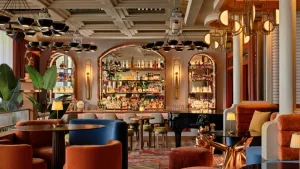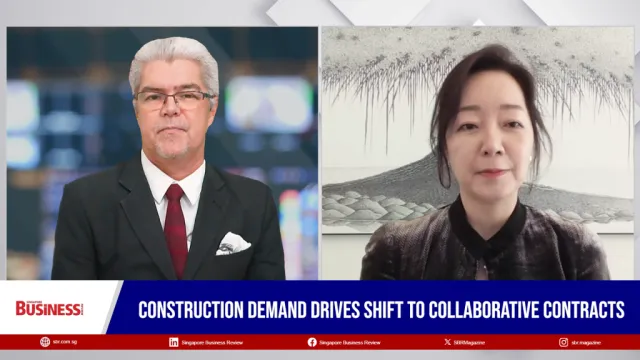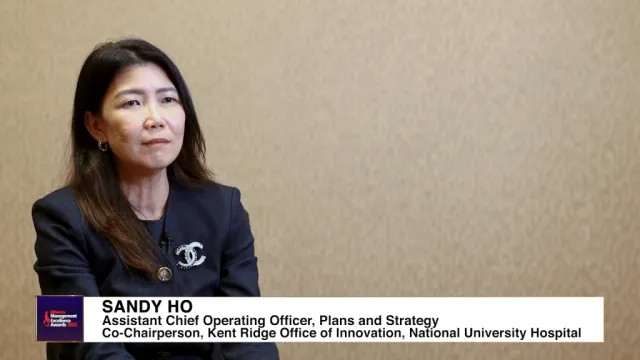Join the community
Thought Leadership Centre
Most Read
1. Singapore to slash CDC vouchers as Budget 2026 pivots to defence 2. Budget 2026 to surge tech funding as ageing workforce squeezes growth: analysts 3. OCBC and UOB to reverse year-long NIM slide in Q4 4. E-ang bao use jumps nearly 50% in 2025 as seniors ditch red packets: OCBC 5. UOB set for growth as DBS, OCBC earnings hold steady: reportResource Center
Awards
Apr
14
Event News
Singapore Business Review Management Excellence Awards 2025 Winner: Moninder Jain of Logitech Singapore Pte Ltd
Moninder Jain of Logitech Singapore highlights how human and AI collaboration strengthened the company’s market position.


 Advertise
Advertise
















Commentary
Marriage soars in Singapore and declines in UK – why?
Marriage soars in Singapore and declines in UK – why?
What are you waiting for before you travel?
What’s wrong with budget airlines today?
How ERP can bring medium-sized companies to success
Look at what technology has done to us
Printing 101 for small businesses
The changing landscape of mobile marketing
How to have a good meeting
What I learned from hiring mistakes
Why Singapore needs to re-invest more in SMEs
3 steps to getting sales in social media
What are you selling? – Account management in Singapore
4 SEO pointers to increase web visibility
The ultimate guide to cloud computing
Here's how to use Facebook page to your advantage
Singapore Yacht Charter scene
Ten Easy-to-implement rules to boost innovation from within - Part 1: Don’t listen to customers; observe them